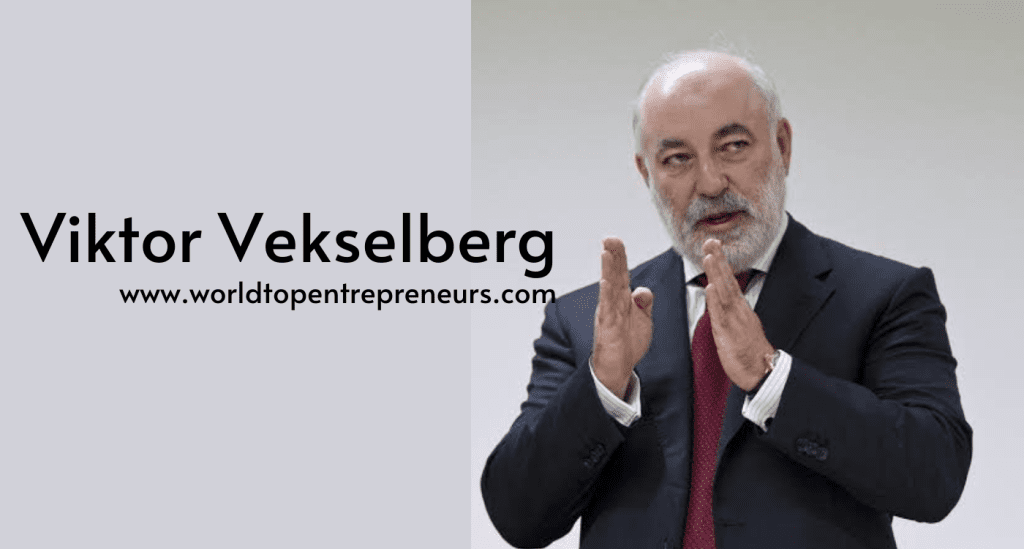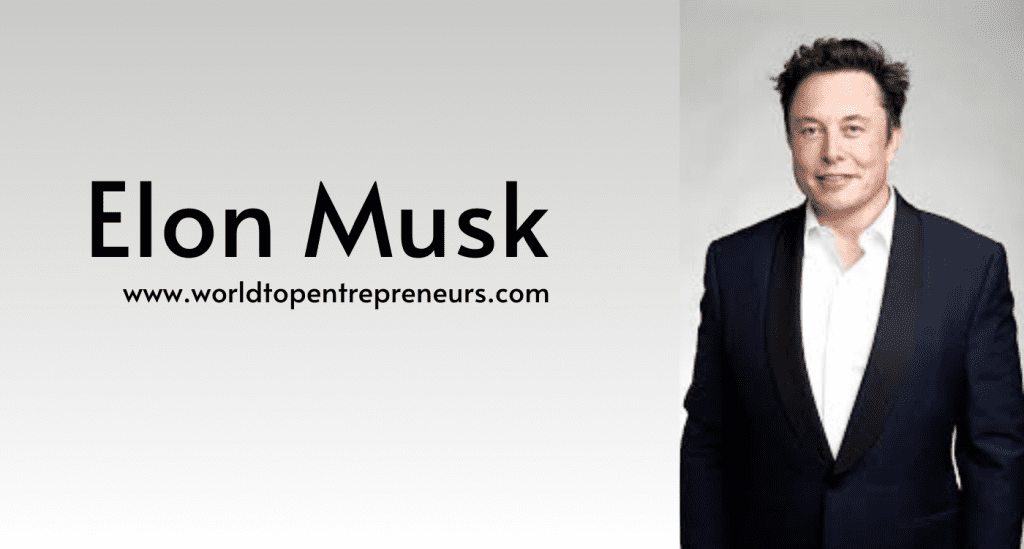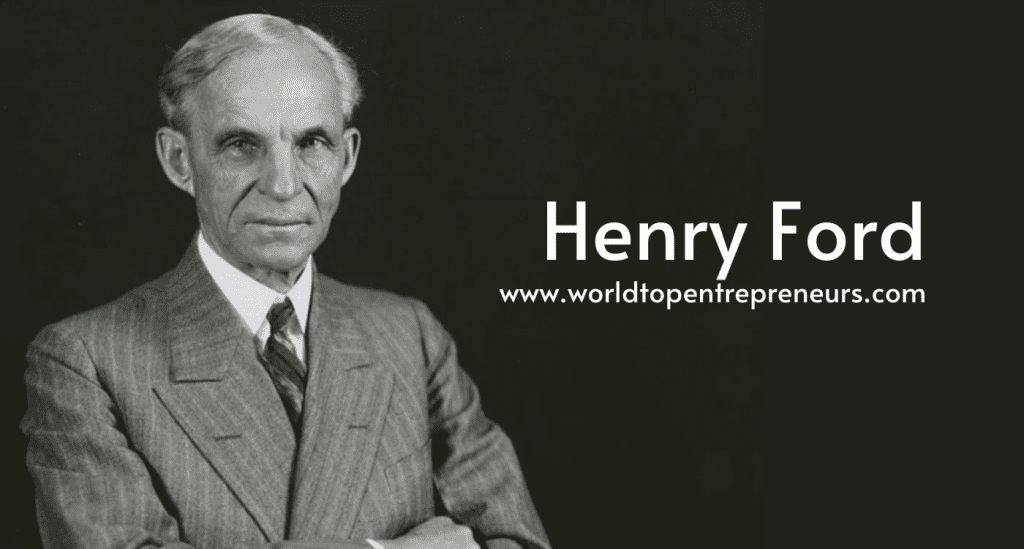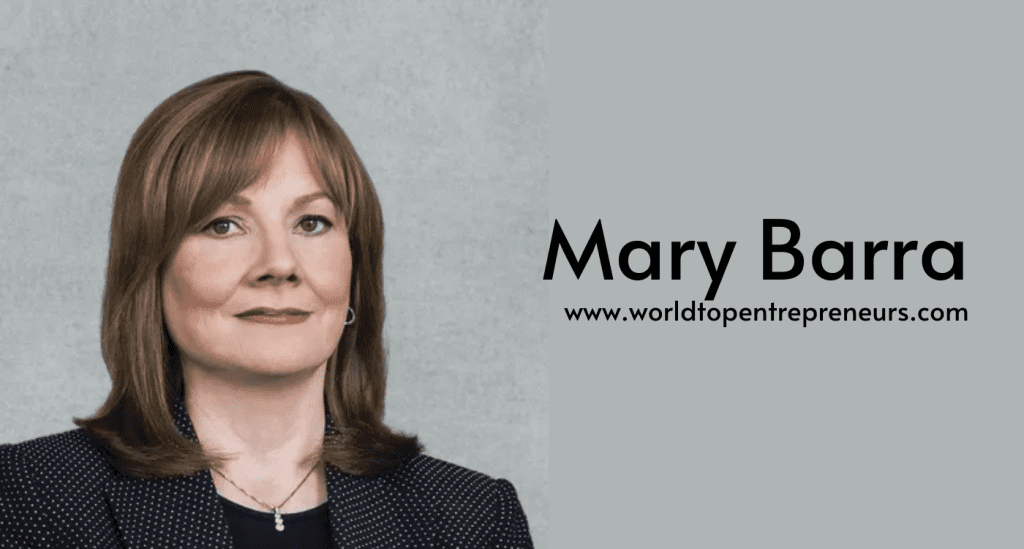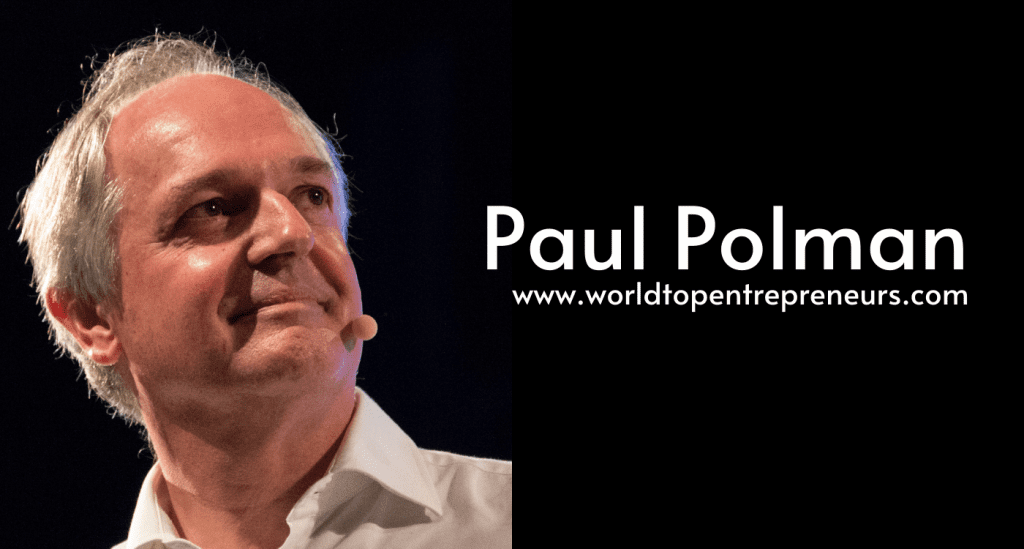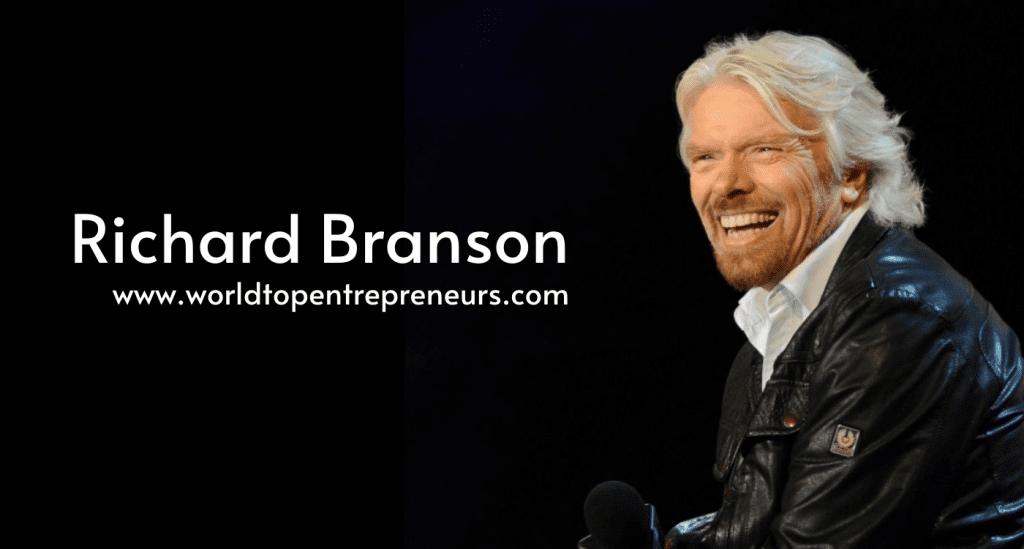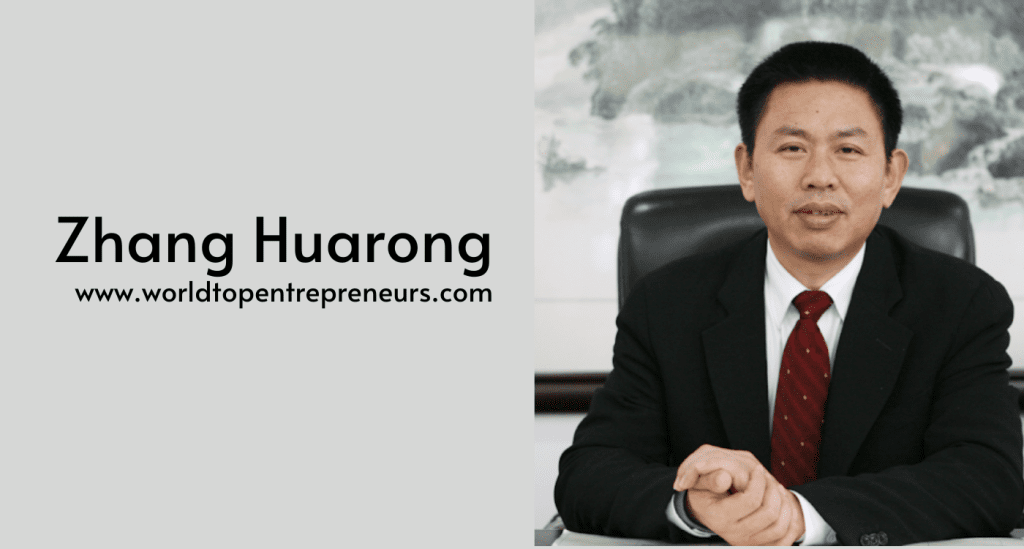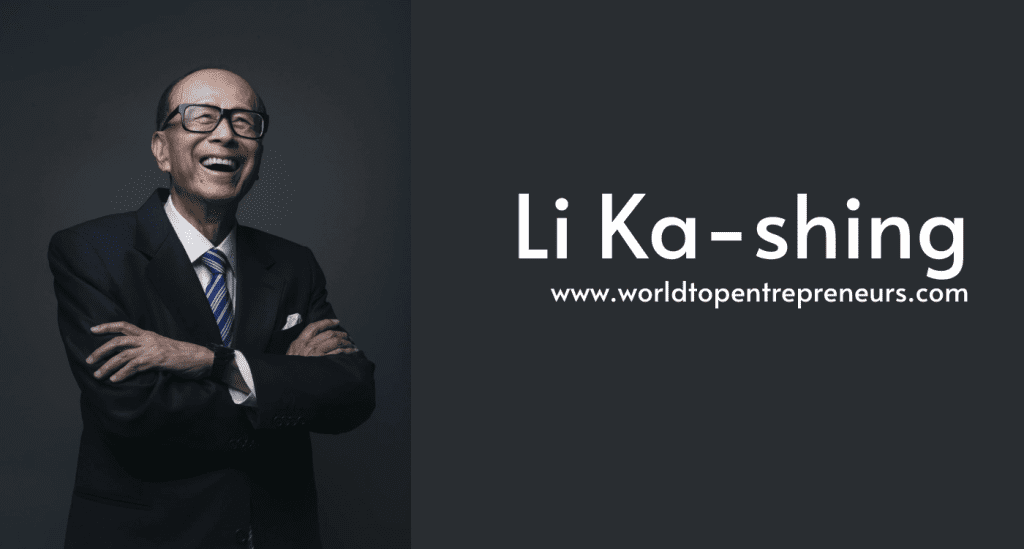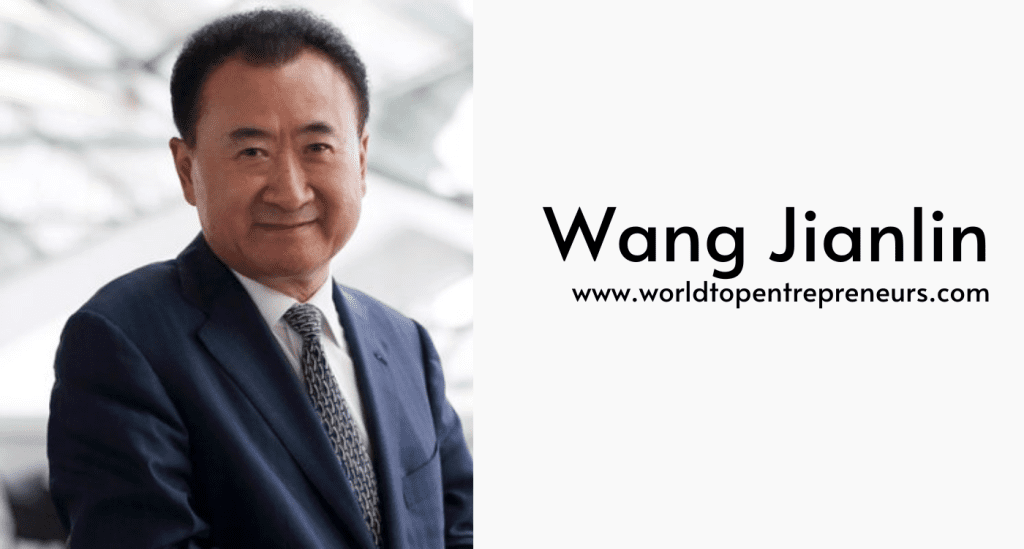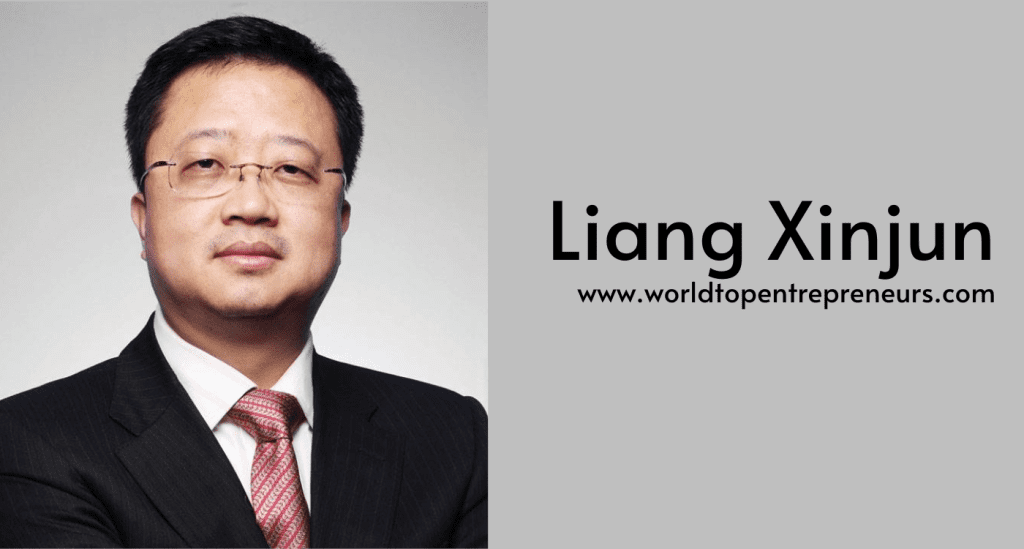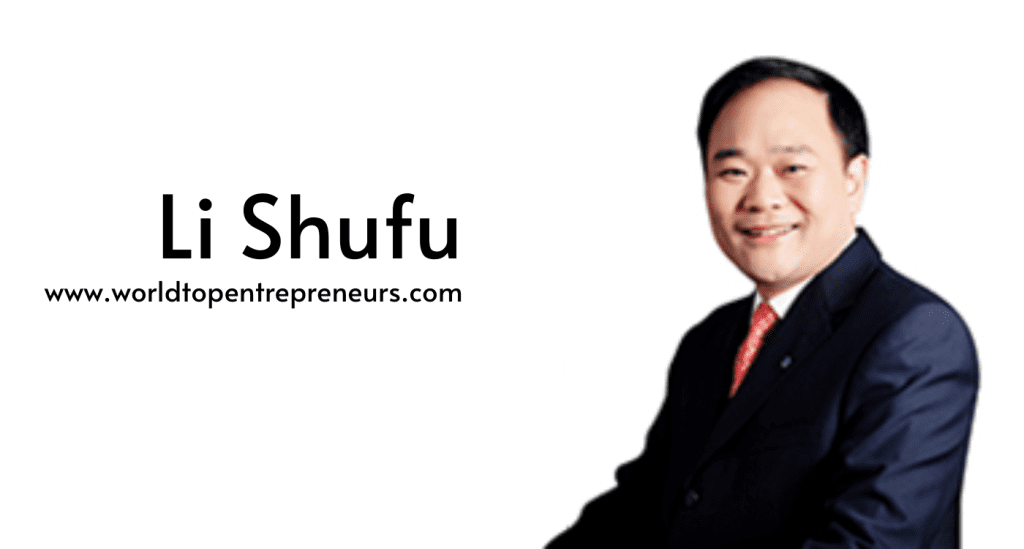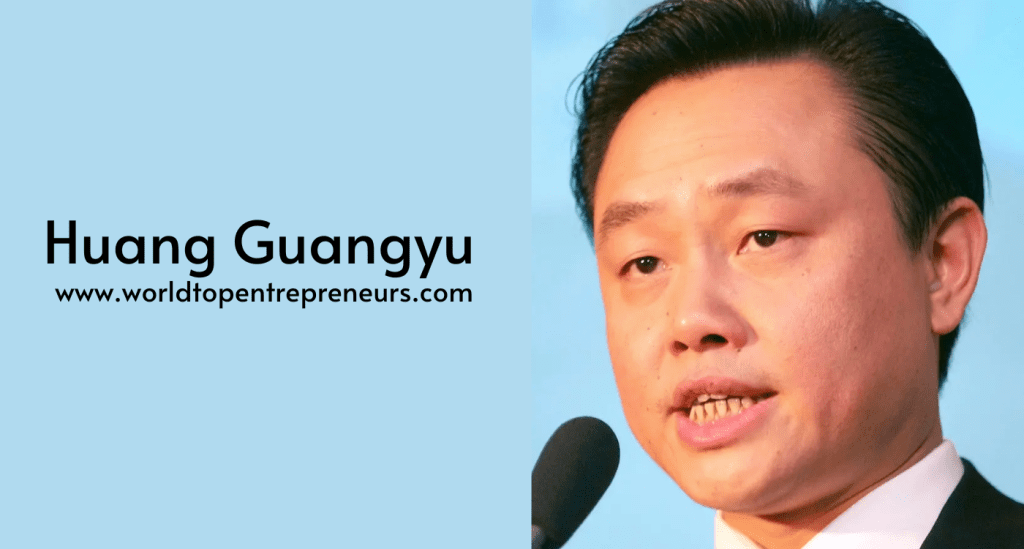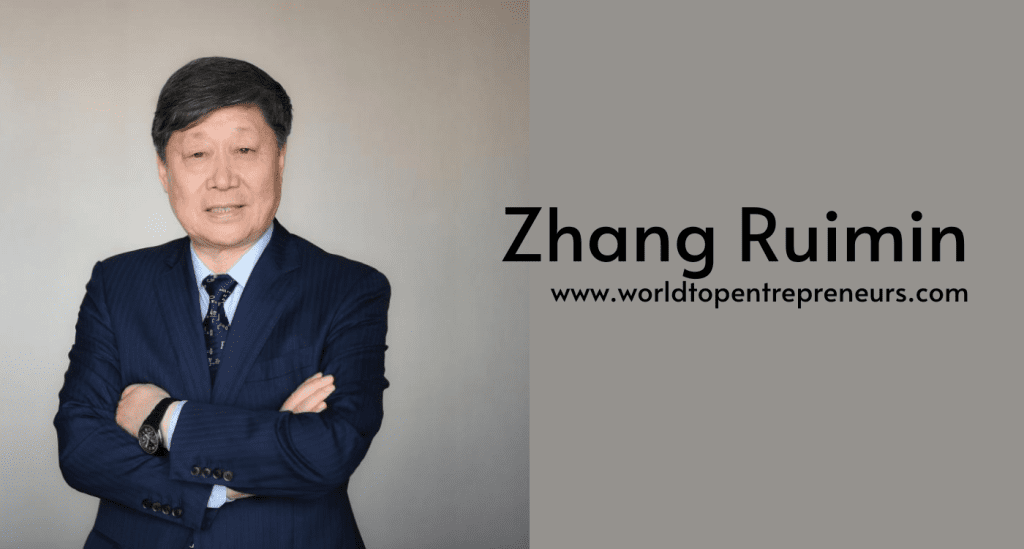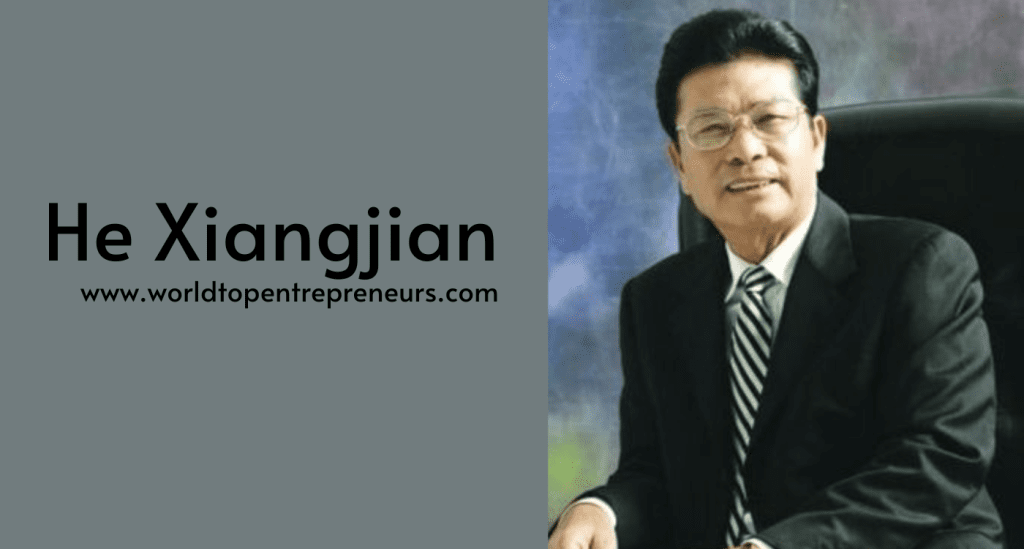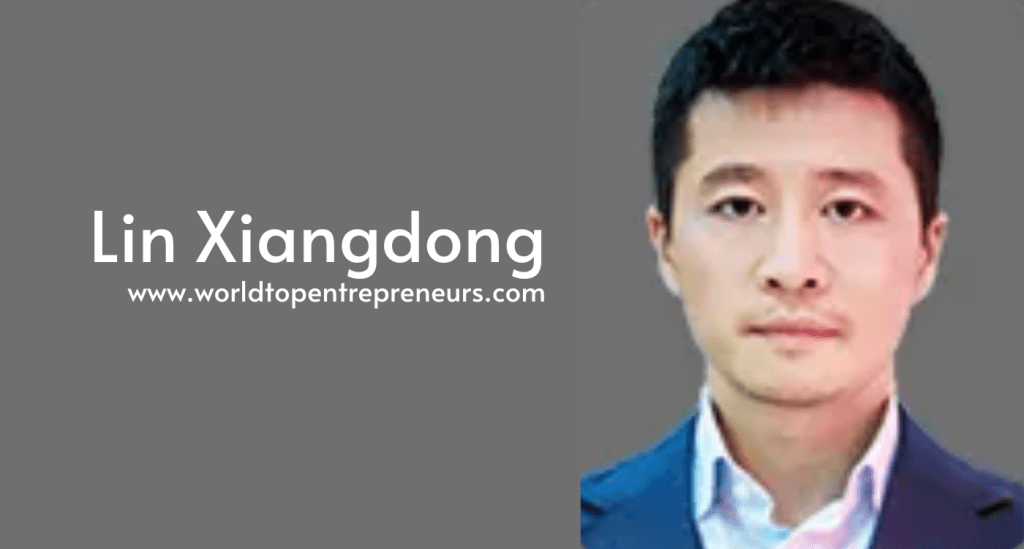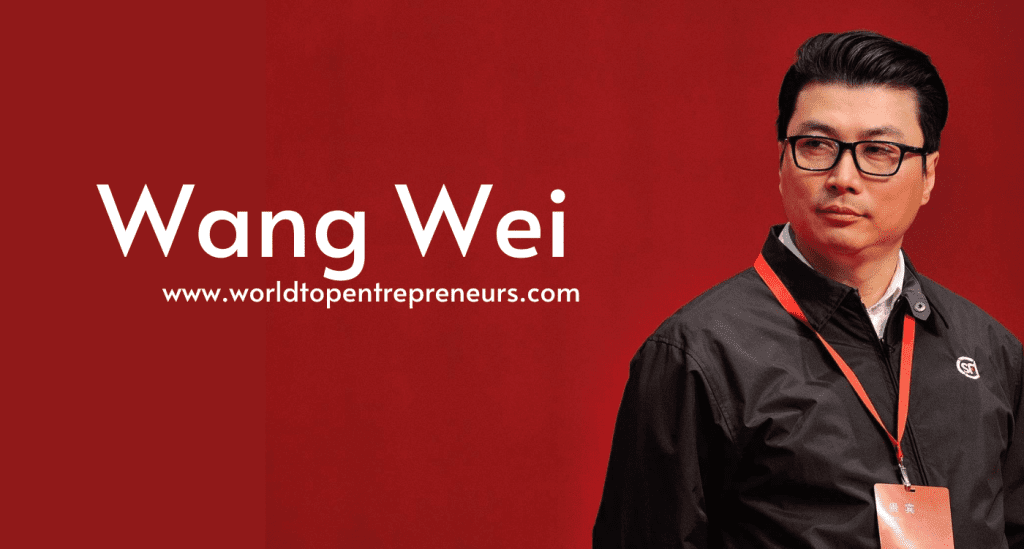Viktor Vekselberg: The Visionary Behind Renova Group
Viktor Vekselberg is a name synonymous with success in the world of business and industry. As the founder and key figure behind Renova Group, Vekselberg has established himself as one of Russia’s most influential entrepreneurs. His journey, marked by strategic investments, diversification, and navigating complex geopolitical landscapes, has been both challenging and rewarding. In this blog, we’ll explore Vekselberg’s educational background, entrepreneurial ventures, struggles, successes, and the companies that have propelled him to international prominence.
Early Life and Educational Background
Viktor Vekselberg was born in 1957 in the city of [specific city, e.g., Lvov], Ukraine, then part of the Soviet Union. Growing up in a family with a strong emphasis on education, Vekselberg was always inclined toward analytical thinking and innovation. His early interest in science and technology led him to pursue higher education in the field of engineering.
He enrolled at the prestigious [University Name], where he studied [specific engineering field, e.g., electrical engineering]. Vekselberg graduated with a degree that laid the foundation for his future business ventures, particularly in industries involving energy, technology, and heavy machinery. His education not only equipped him with technical knowledge but also with the problem-solving skills necessary for navigating the complex world of entrepreneurship.
The Birth of Renova Group
In the early 1990s, as the Soviet Union was dissolving and Russia was opening up to privatization and capitalism, Viktor Vekselberg recognized an opportunity to make his mark in the business world. He founded the Renova Group in 1990, a diversified holding company that would go on to become one of Russia’s most prominent investment groups. The company’s initial focus was on energy, resources, and metals—industries that were central to Russia’s economy during the post-Soviet transition.
Renova Group’s first major success came through Vekselberg’s strategic investments in the oil and gas sector. He acquired a number of key assets, including stakes in major Russian energy companies. Over the years, Vekselberg expanded Renova’s portfolio to include interests in a wide variety of sectors, including telecommunications, financial services, real estate, and technology.
Key Investments and Business Ventures
Viktor Vekselberg’s ability to identify high-potential opportunities early on was a significant driver of Renova Group’s success. Some of his most notable investments include:
Sual Group: In 2003, Renova became one of the largest shareholders in Sual Group, a major Russian aluminum producer. This investment was part of Vekselberg’s strategy to position Renova as a key player in the global metals industry.
TNK-BP: Vekselberg also became involved with TNK-BP, a joint venture between Russian and British oil companies. Renova’s involvement in the oil sector provided it with significant exposure to global energy markets.
Sibur: In the petrochemical sector, Renova partnered with other firms to acquire a controlling stake in Sibur, one of Russia’s largest producers of petrochemical products. This further cemented Vekselberg’s position as a major figure in the Russian industrial landscape.
Through these investments, Vekselberg diversified Renova’s holdings, balancing high-risk, high-reward ventures with stable, income-generating assets. The group expanded globally, making significant strides in international markets, and solidified Vekselberg’s reputation as a savvy investor with a keen eye for growth.
Struggles and Challenges
Despite his impressive rise, Viktor Vekselberg’s path to success has not been without its obstacles. As a businessman operating in Russia during a time of significant political and economic turmoil, Vekselberg faced numerous challenges, both personal and professional.
Political and Geopolitical Risks: Operating in a post-Soviet Russia came with its own set of challenges, particularly related to the political instability and the unpredictability of the Russian business environment. In addition, sanctions imposed by the U.S. and the European Union in recent years have affected Renova Group’s ability to do business internationally.
Ownership Battles and Legal Disputes: Vekselberg’s stake in key companies, such as Sual Group and Sibur, has been involved in ownership battles with other investors and major players in the Russian economy. These disputes often required significant legal and financial resources to resolve.
Economic Downturns: The global economic downturns, particularly the 2008 financial crisis and the drop in global oil prices, had a significant impact on the Russian economy and the performance of many of Renova’s investments. These events forced Vekselberg and his team to rethink strategies and make difficult decisions regarding asset sales and restructuring.
Despite these hurdles, Vekselberg has consistently shown resilience. His ability to adapt to changing market conditions, negotiate with key stakeholders, and manage risk has allowed him to continue to grow his empire.
Successes and Achievements
Viktor Vekselberg’s entrepreneurial journey has resulted in numerous successes, many of which have solidified his place as a leading figure in global business.
Forbes Billionaire Status: Vekselberg’s fortune has consistently placed him among the wealthiest individuals in Russia and the world. According to Forbes, he has been a regular fixture on their list of billionaires, with a net worth fluctuating in the billions, depending on market conditions.
Expansion of Renova Group: Under Vekselberg’s leadership, Renova Group has evolved into a global powerhouse with interests spanning across various sectors, from energy and resources to technology and telecom. The group’s ability to diversify has protected it from market volatility in any one industry.
Technological Innovations: In recent years, Vekselberg has also turned his attention to the tech sector. His involvement in the development of Russian innovations and partnerships with international technology firms has helped position him as a pioneer in bringing advanced technologies to the Russian market.
Philanthropy: Beyond business, Vekselberg has been a supporter of cultural and educational initiatives in Russia and abroad. His involvement in preserving Russia’s heritage, through his patronage of museums and cultural projects, has further enhanced his reputation as a figure committed to the long-term prosperity of his country.
Renova Group Today and Future Prospects
As of today, Renova Group continues to thrive under Vekselberg’s leadership, although it faces challenges related to Russia’s economic sanctions and political climate. The company has taken steps to adapt, focusing on industries like renewable energy, digital technology, and innovations that will shape the future of global business.
Vekselberg’s strategic vision for the future involves continuing to expand Renova Group’s influence in key sectors and global markets. His willingness to embrace new technologies, diversify the company’s holdings, and navigate complex geopolitical landscapes will likely guide Renova Group’s growth in the years to come.
Conclusion
Viktor Vekselberg’s entrepreneurial journey is a testament to the power of strategic thinking, diversification, and perseverance. From his beginnings in engineering to becoming one of Russia’s most influential businessmen, Vekselberg has built a diverse and successful empire with global reach. His ability to navigate the challenges of the Russian economy, international markets, and political turmoil has earned him both success and recognition. As the leader of Renova Group, Vekselberg’s story continues to inspire entrepreneurs around the world who aspire to build lasting legacies in the face of adversity.
Vekselberg’s legacy is not just defined by his wealth, but by his role as a visionary entrepreneur, philanthropist, and leader in driving innovation in industries critical to the future of business and technology.

